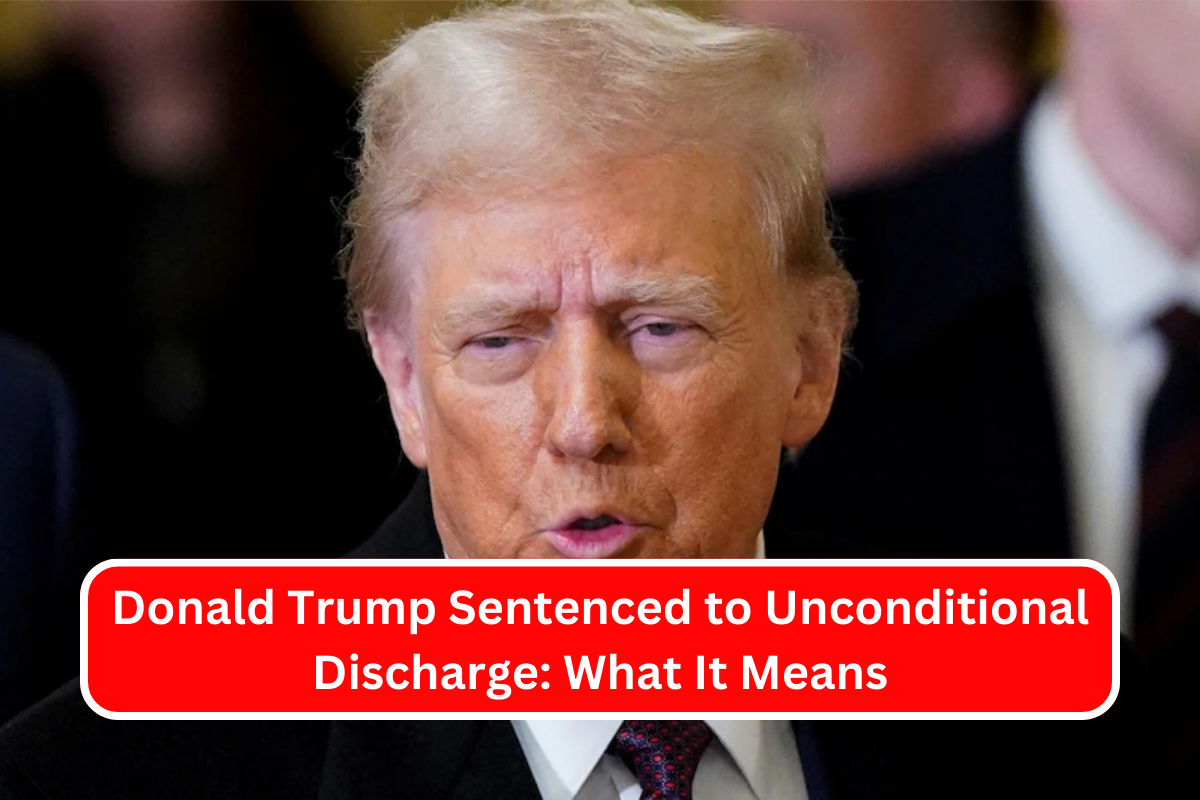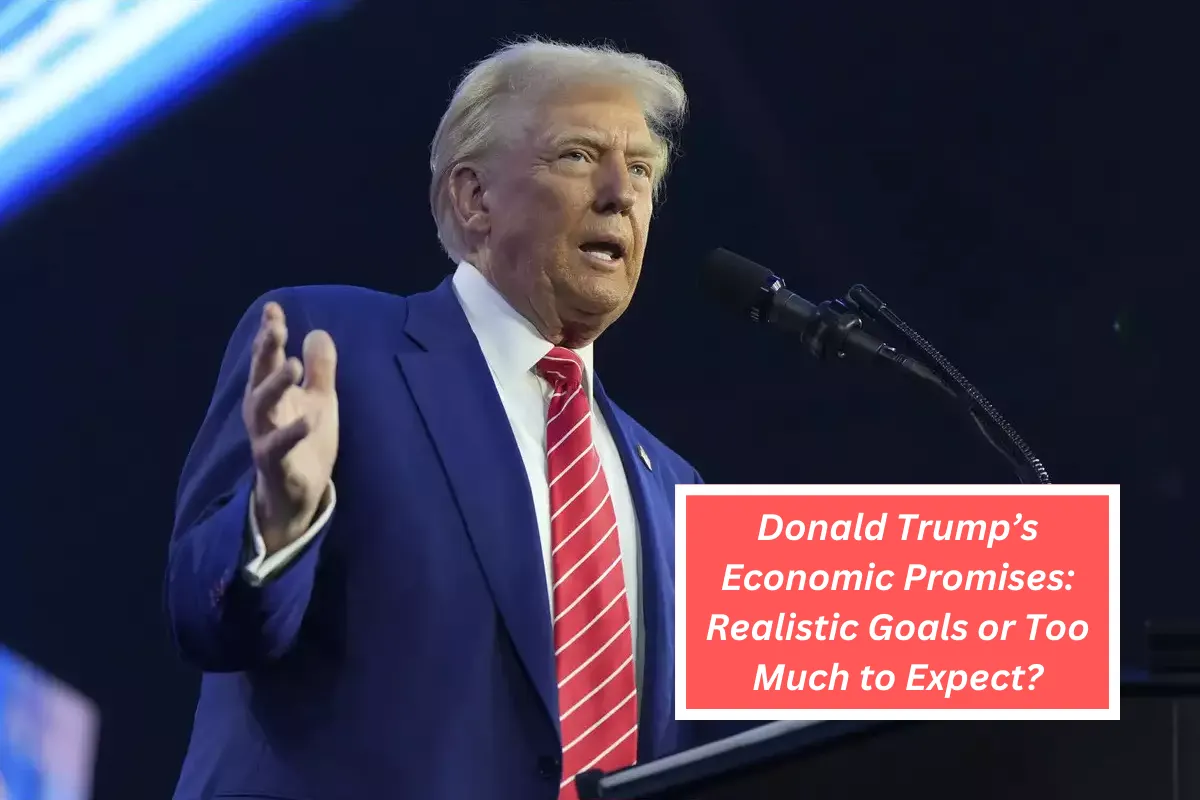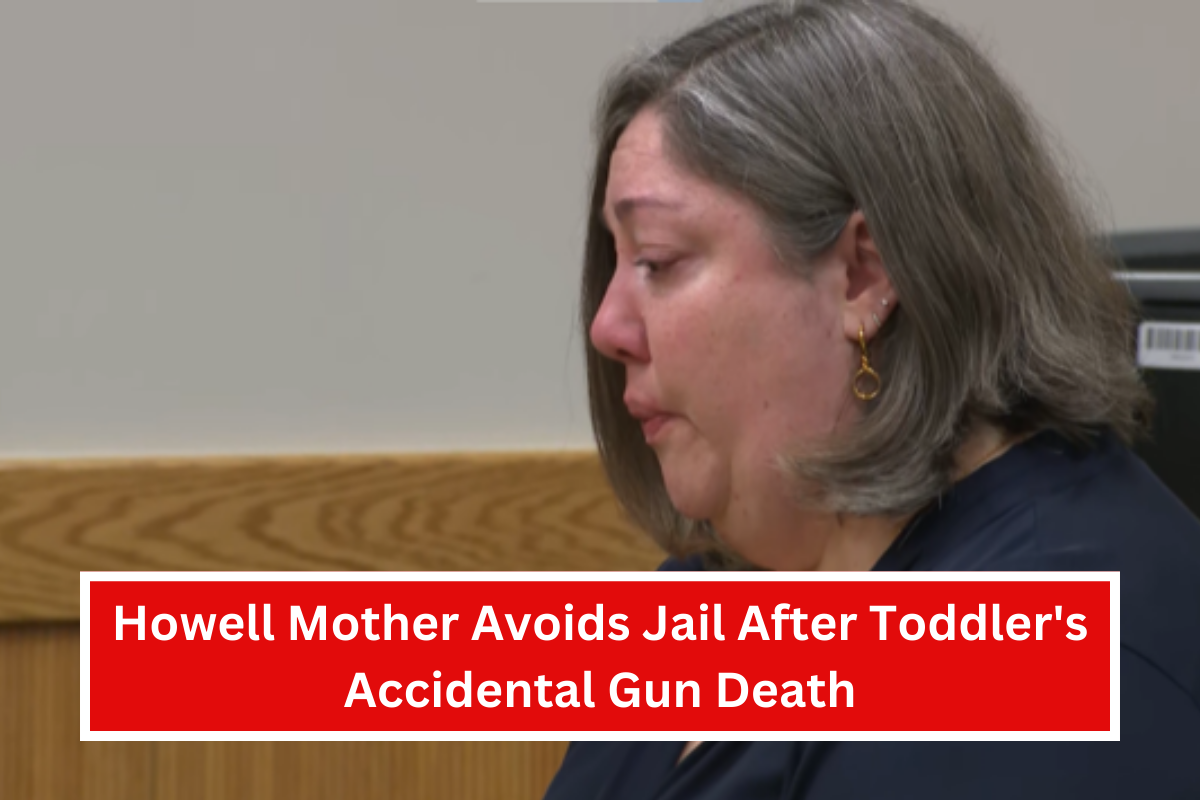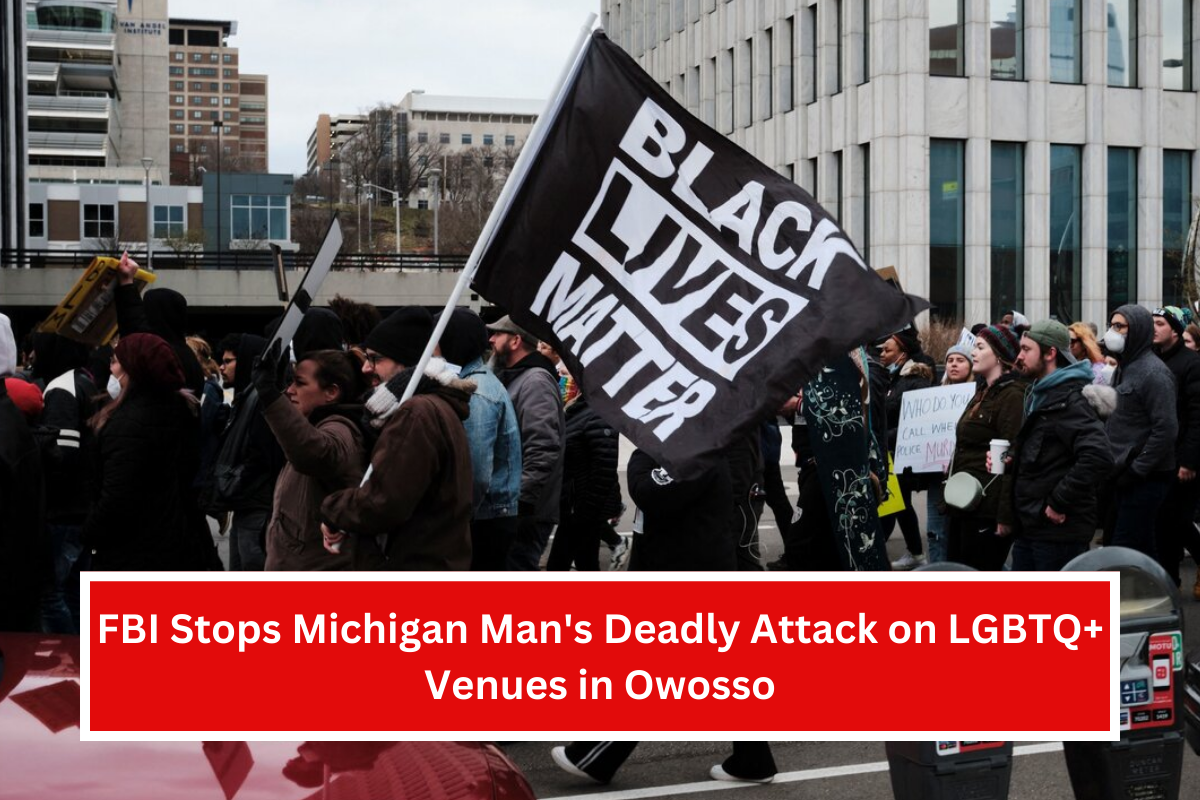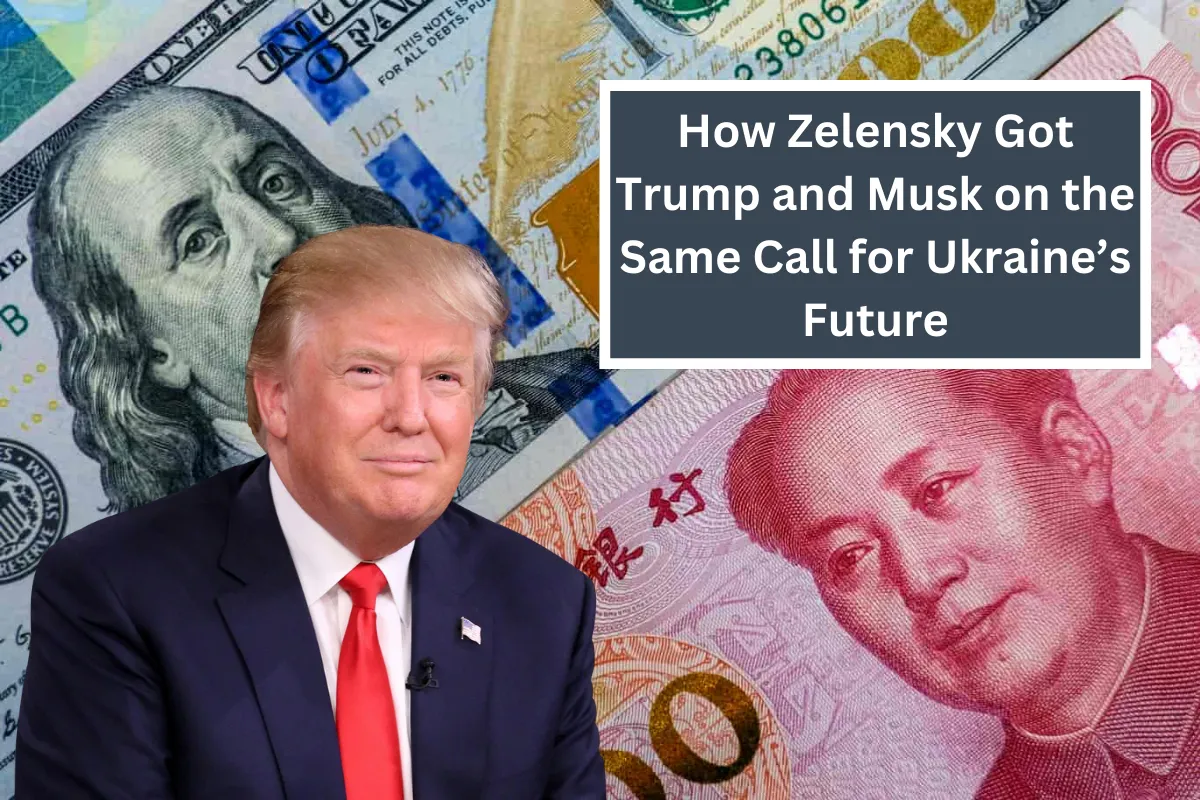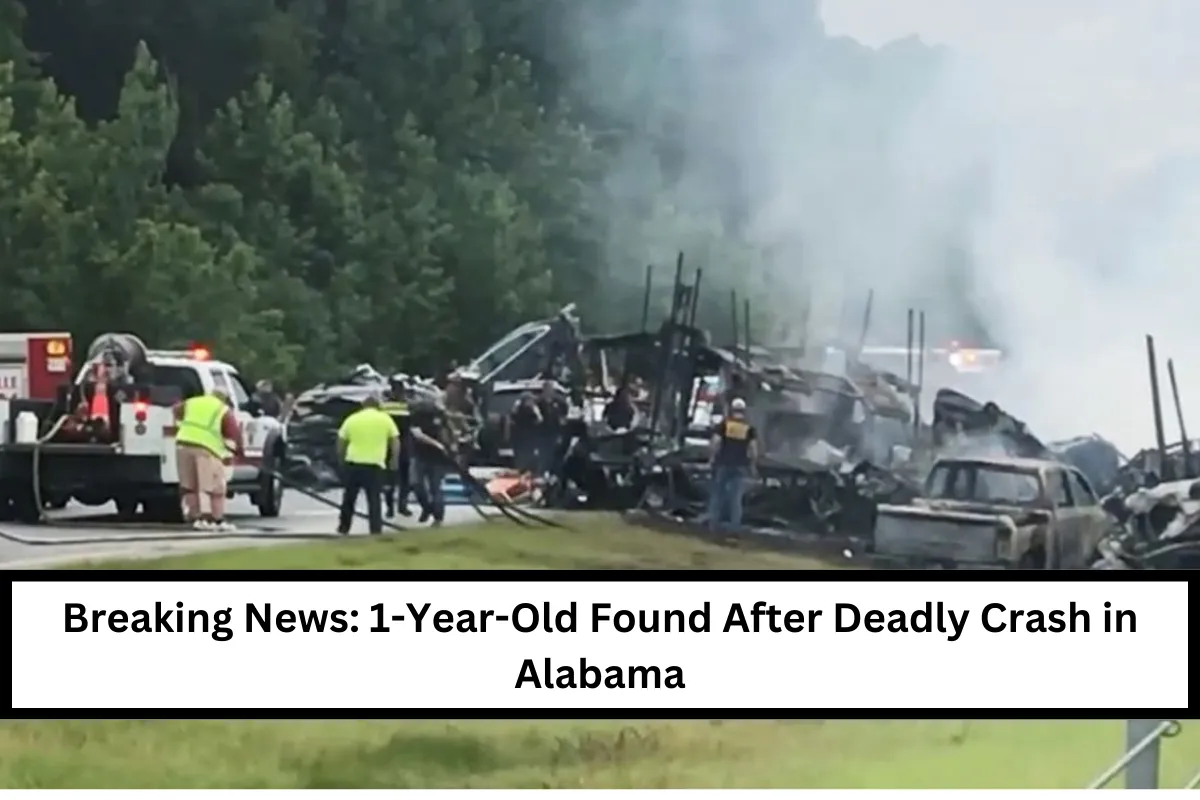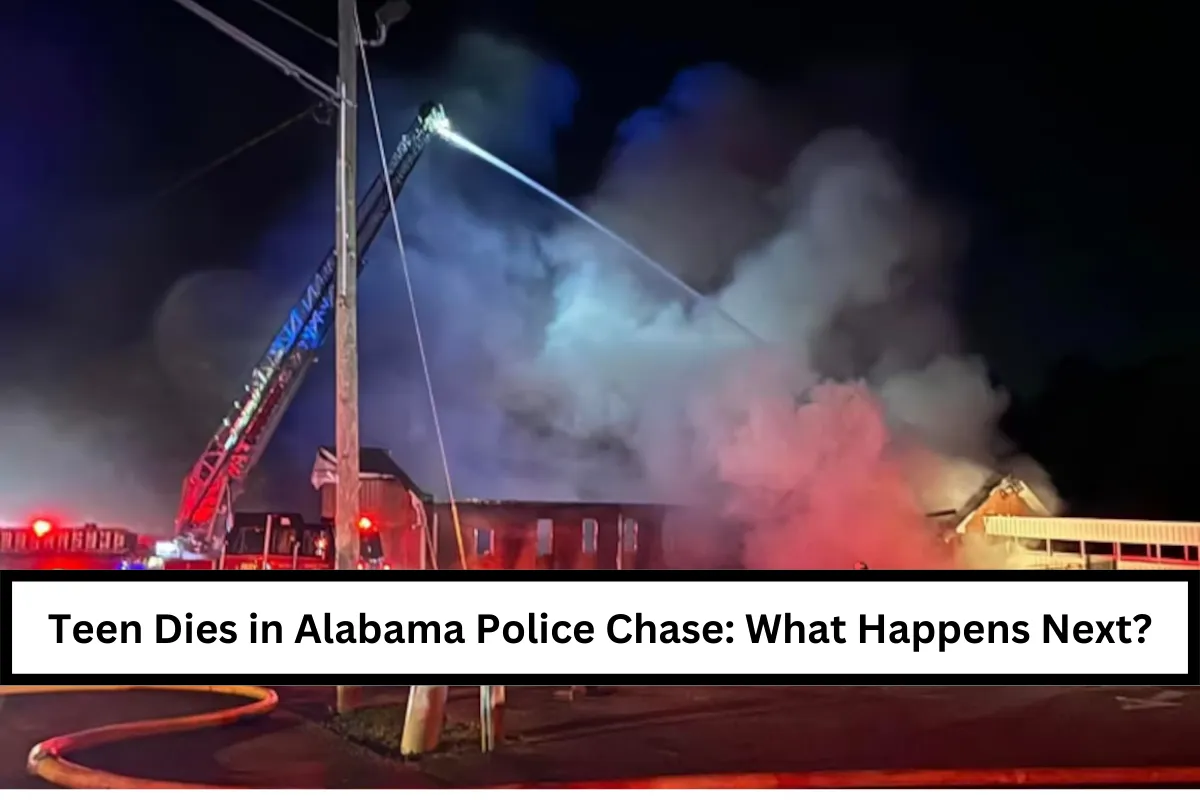Donald Trump, the former President of the United States, has been sentenced to an unconditional discharge after being convicted on 34 counts of falsifying business records. This historic ruling makes Trump the first president to face criminal sentencing. Let’s dive deeper into what happened during the case, the verdict, and its significance.
What Does Unconditional Discharge Mean?
Unconditional discharge is a sentence where the convicted person does not face imprisonment, parole, or probation. In Trump’s case, this ruling means he won’t serve jail time or be under any legal restrictions. It effectively completes the legal process without further penalties.
The Court’s Decision
Judge Juan Merchan of the New York Supreme Court presided over the case. During the sentencing, he stated, “This has been a truly extraordinary case.” However, he emphasized that the trial was treated like any other case once the courtroom doors were closed.
The prosecution, led by Joshua Steinglass, recommended the unconditional discharge. This suggestion was based on the nature of the case and Trump’s actions following his conviction, which included attempts to discredit the judicial system. Despite the charges, Trump showed no remorse.
Trump’s Reaction
Trump, attending the hearing virtually from his Mar-a-Lago estate, repeated his claim that the case was a “political witch hunt.” His legal team had tried multiple times to delay or cancel the sentencing but was unsuccessful. Even the United States Supreme Court, in a 5-4 decision, denied his final request to postpone the hearing.
Trump announced his intention to appeal the conviction, continuing his assertion that the charges are politically motivated.
Why Was Trump Convicted?
The charges stemmed from efforts to cover up hush-money payments made to adult film actress Stormy Daniels during Trump’s first presidential campaign.
These payments were allegedly made to prevent damaging information from surfacing, and the falsification of business records was used to hide the transactions.
What Makes This Case Historic?
This case marks the first time a U.S. president has been sentenced on criminal charges. It highlights the judicial system’s ability to hold even the highest-ranking individuals accountable.
However, the unconditional discharge reflects the unique circumstances of this case, balancing legal accountability without imposing harsher penalties.
FAQs
1. What is an unconditional discharge?
An unconditional discharge means the person is not subject to jail time, probation, or parole after sentencing.
2. Why was Trump convicted?
Trump was convicted for falsifying business records related to hush-money payments made to Stormy Daniels during his 2016 campaign.
3. Did Trump face jail time?
No, the court ruled that Trump would not face imprisonment, house arrest, or probation.
4. What was Trump’s response to the sentencing?
Trump called the case a “political witch hunt” and announced plans to appeal the conviction.
5. Why is this case significant?
This is the first time a U.S. president has been sentenced for criminal charges, making it a historic moment in American judicial history.
